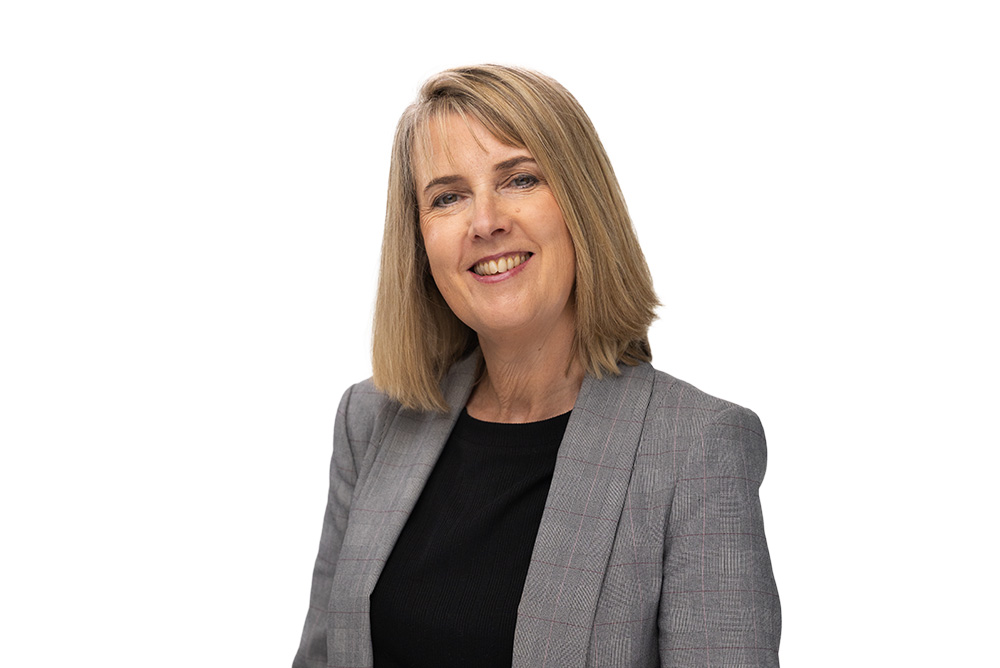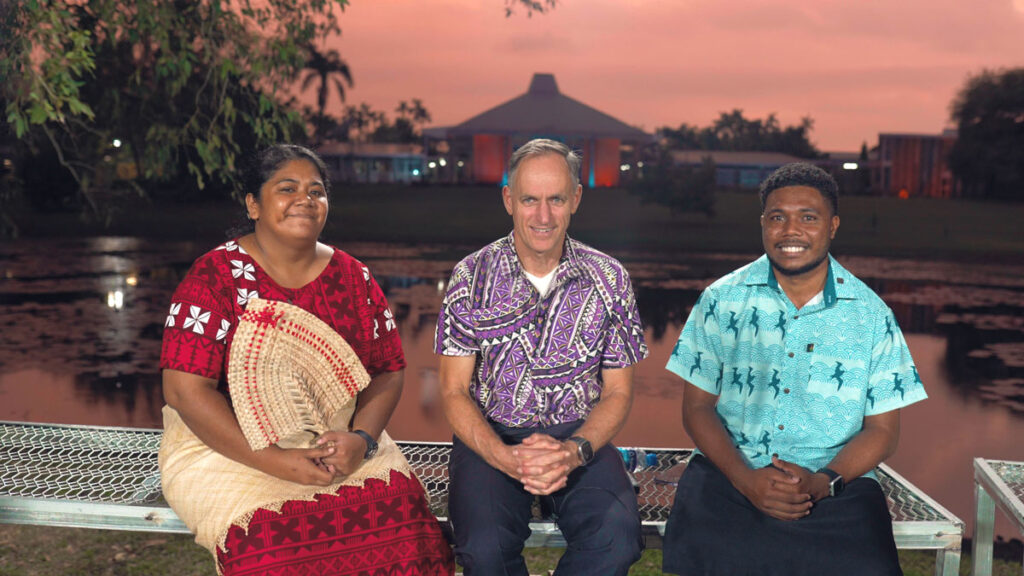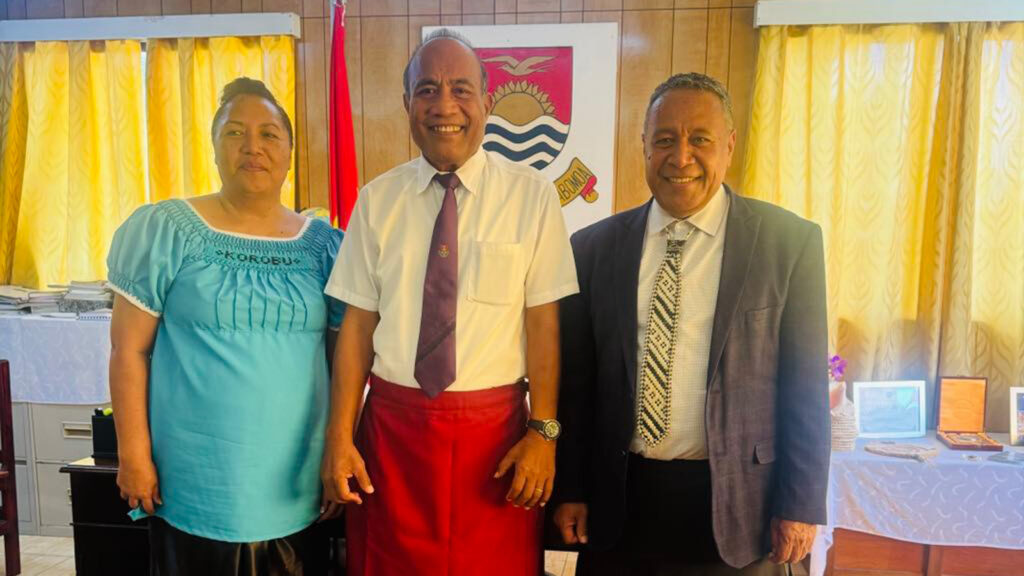Seventh-day Adventists in the South Pacific Division (SPD) are grappling with theological uncertainties around the state of the dead and other key beliefs, according to data from the latest Global Church Member Survey.
Dr David Trim, director of the Office of Archives, Statistics and Research at the General Conference, presented some of the survey findings for the South Pacific region to the Division Executive Committee at the year-end meetings last week. Of the 146,821 church members globally who completed the survey, 1415 were from the SPD.
A notable concern revolves around beliefs regarding the state of the dead. In response to the statement “The soul is a separate spiritual part of a person and lives on after death”, 55 per cent of SPD respondents either strongly agreed or agreed.
Dr Trim highlighted that globally, one in three Adventists holds a dualist perspective, believing that the soul lives on after death. However, the SPD stands out with the highest number of church members agreeing or strongly agreeing with the statement.
Additionally, nearly one-in-four responded with either “strongly agree”, “agree” or “I am not sure” to the statement, “People who have died believing in Christ are in heaven right now”, and one-in-five responded in the same way to “The dead have powers to communicate with and influence the living”.
The survey also identified uncertainties around the Personhood of the Holy Spirit. Despite fundamental belief number five affirming the Holy Spirit as a Person equal to the Father and Son, 65 per cent of SPD respondents either strongly agreed or agreed with the statement, “The Holy Spirit is God’s power in the world, not a person”.
Issues surrounding the sanctuary doctrine, spiritualism and legalism emerged as additional challenges. Almost 80 per cent of respondents strongly agreed or agreed with the statement “The sanctuary doctrine is vital to Adventist theology”. However, 16 per cent of participants responded with “I am not sure” and the “strongly agree” response was less than for statements around other key beliefs such as the seventh-day Sabbath and Christ as the head of the Church. Dr Trim emphasised the need for some work to clarify and underscore the importance of the sanctuary doctrine and its centrality historically to Adventist theology.
Regarding spiritualism, 30 per cent of respondents expressed agreement with the statement, “Christians may go to witch doctors or spiritual healers for protection or healing”. Legalism also surfaced as a challenge, with three in four participants agreeing with the statement, “I will not get to heaven unless I obey God’s law perfectly”.
While some theological uncertainties exist, the survey indicated positive Bible reading habits among church members. Notably, 52.6 per cent read their Bibles daily, surpassing the global average. When it comes to the Sabbath school lesson, 41.1 per cent study the lesson each day. However, just 13.5 per cent read Ellen White’s writings daily and one-in-four had not read her writings in the past 12 months, presenting an opportunity for increasing engagement in this space.
“We had many questions [in the study] about doctrines and beliefs,” Dr Trim said. “I’ve just pulled out a few where there are challenges. There are others in which the South Pacific Division is doing admirably well, so the focus on the ones where there are challenges is not to imply everything is doom and gloom, because it’s not, but these are ones where there are some challenges.”






